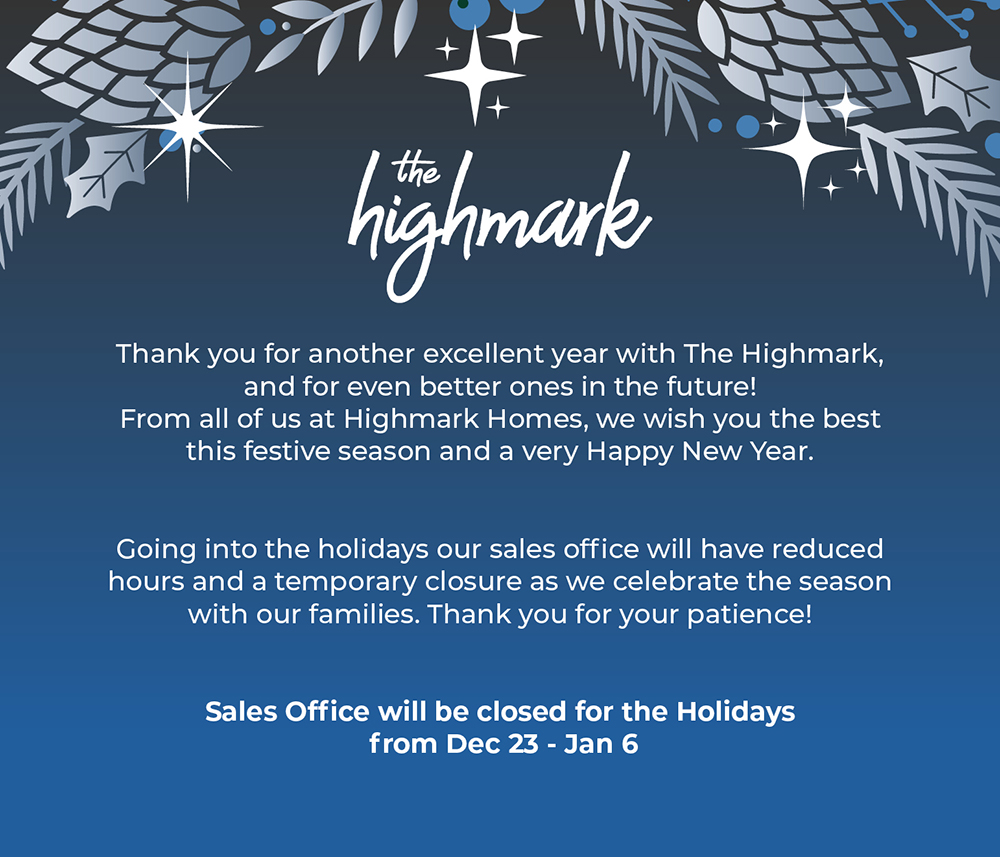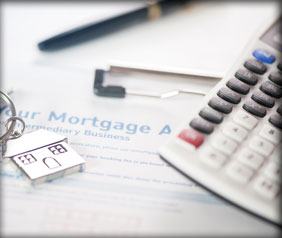Pre-approval. Before you decide on your new home, you’ll need to pre-qualify for a mortgage to ensure that your financing can been arranged. You can apply online for a pre-approved mortgage using the CIBC pre-approved Mortgage Certificate or visit your mortgage broker.
Mortgage application checklist. This checklist outlines all the paperwork you’ll need to bring with you to complete your mortgage. Check out the CIBC Mortgage Documents Required Checklist.
Open mortgages. An open mortgage allows you to pay off your mortgage in part or in full before the end of amortization period, without any penalty. Although open mortgages come with higher interest rates, it provides you with the flexibility to make large or additional payments and it’s a great option if you plan to sell your house in the future.
Closed mortgages. In comparison to an open mortgage, a closed mortgage has a lower interest rate, but less flexibility. However, most lenders will allow homeowners to make a certain amount of additional payments without penalization. This mortgage option is more common among first time homeowners.
Convertible mortgages. A convertible mortgage is similar to an open mortgage, but gives you the option of converting to a longer, closed mortgage at any time without prepayment costs.
Mortgage interest rates. There are two types of interest rates you can choose between when getting a mortgage…
Fixed rate mortgages. A fixed rate is one that will not change for the term of the mortgage. This allows homeowners to have peace of mind knowing that their monthly mortgage payment will remain the same over the term of the mortgage. Typically, a fixed interest rate will be higher than a variable rate.
Variable rate mortgages. In comparison to a fixed rate, a variable rate will fluctuate based on the market interest rate, known as the “prime rate”. Typically a variable rate will be lower than a fixed rate so this option could save you thousands in interest costs, but it comes with a certain level of risk because it follows the market. If interest rates go up, so will your mortgage payment. If interest rates go down, you will repay your mortgage faster.
Mortgage payment options:
Amortization period. A mortgage amortization period is the total length of time it’ll take you to pay off your mortgage. The longer you take to pay it off, the more interest you’re going to pay. An amortization period can be as short as 15-years, but typically a mortgage is amortized over 25-years. Monthly payment ($727 vs. $670) allows you to pay off your mortgage four years faster (21-years vs. 25-years). Accelerated payments usually mean you will have (1) extra monthly payment per year, but you will save almost $30,000 in interest (based on the example above).
Payment frequency. A mortgage is typically paid monthly, however, you may want to pay your mortgage off quicker, with less interest, so you can choose to pay it bi-weekly or weekly, instead of monthly. Here’s an example of the results of accelerating your payments. For a $250,000 mortgage (5% interest rate and 25-year amortization) choosing an accelerated bi-weekly payment over a regular.
Credit rating. A good credit rating will help determine how much the bank or mortgage lender will give you. You can check your credit rating with a credit bureau. They will provide you with a detailed report containing information such as personal identification, your credit history and public records that affect your credit (e.g. your telephone provider). You can get and keep a good credit rating by paying your bills in full and on time, especially credit cards.


